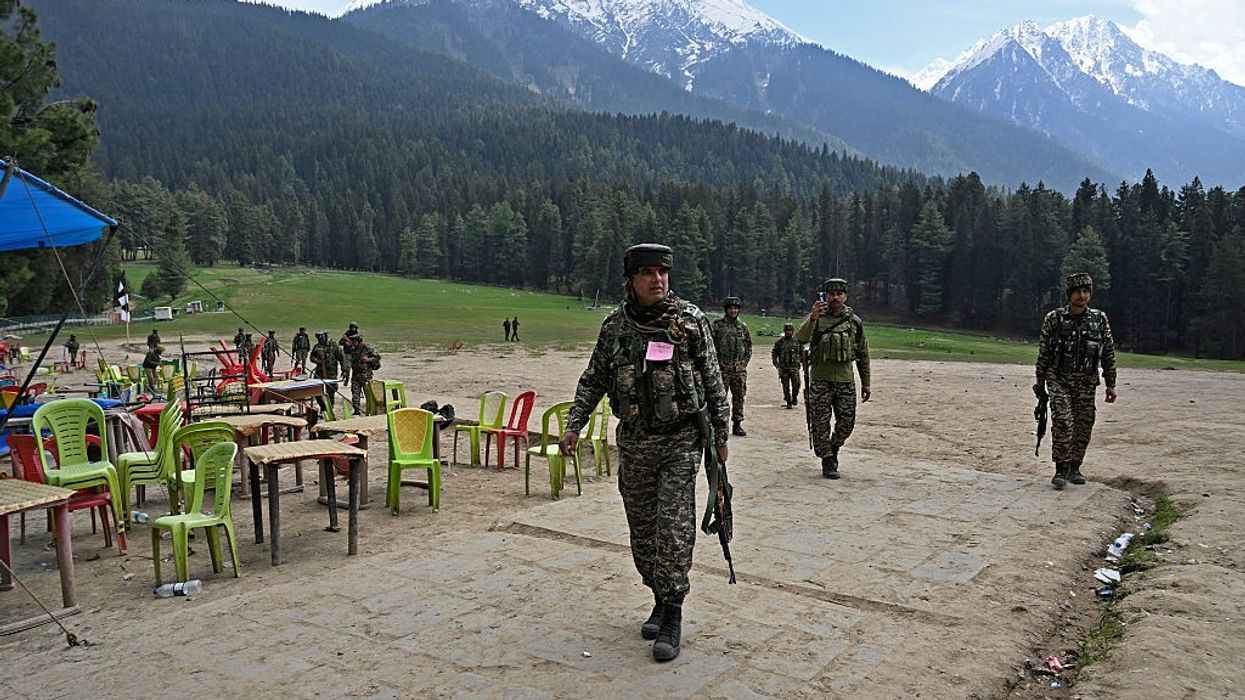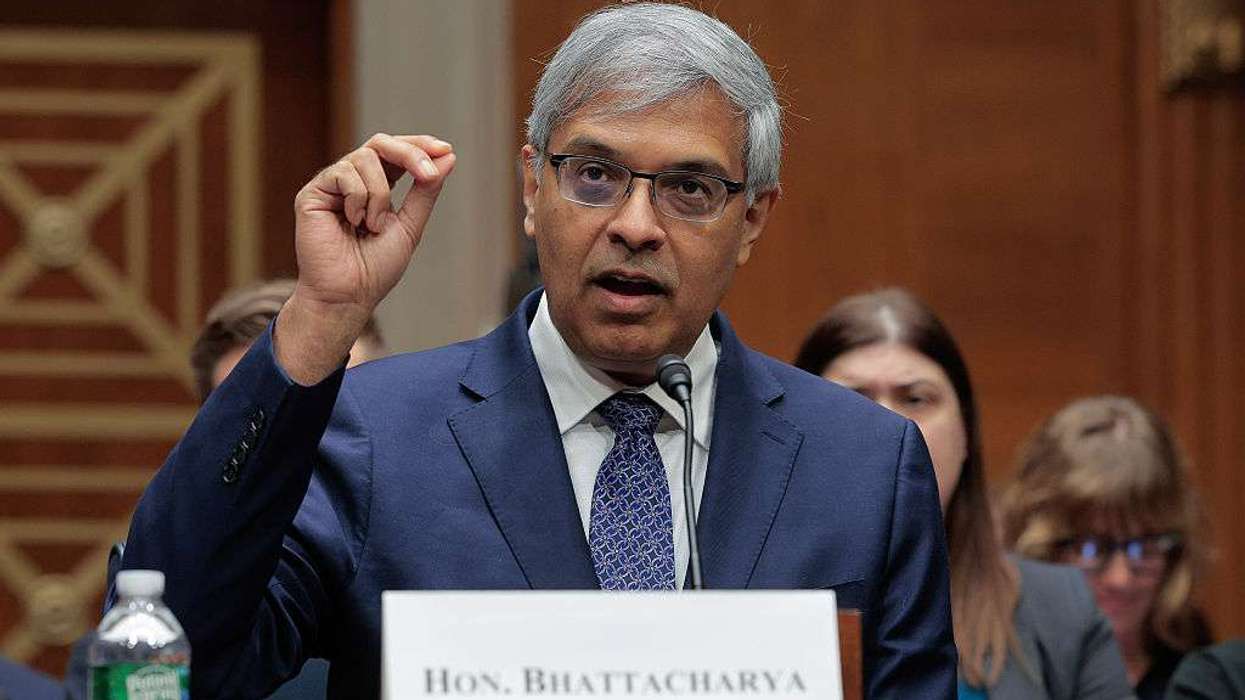INDIAN tourist brochures dub the Himalayan region of Kashmir "Little Switzerland", and its mountain meadows are usually packed with visitors escaping the sweltering summer heat in the lowland plains of India.
On Wednesday (23), a day after gunmen killed 26 men in an attack on the popular tourist site of Pahalgam, Jammu and Kashmir chief minister Omar Abdullah reported an "exodus of our guests".
For New Delhi, the 3.5 million tourists who it says visited Kashmir in 2024 -- mostly domestic visitors -- illustrated what officials called "normalcy and peace" returning to the troubled region after a massive crackdown.
Rebels in the Muslim-majority region have waged an insurgency since 1989, seeking independence or a merger with Pakistan, but violence had dropped since New Delhi revoked Kashmir's limited autonomy in 2019.
India has an estimated 500,000 soldiers permanently deployed in the territory.
A day after the attack, the region's deadliest assault on civilians since 2000, tourists scrambled to leave, cramming into buses and taxis, while hoteliers reported a surge of cancellations.
At Pahalgam, the site of the attack, the usually tranquil meadows surrounded by pine forests and snowcapped mountains, reverberated with the thumping sounds of military helicopters taking part in a vast manhunt for the attackers.
Around 24 hours after the attack, smears of blood were still visible at the site of attack, now patrolled by soldiers dressed in bulletproof jackets.
Soldiers guarded the entrance, as forensic investigators collected evidence.
Until Tuesday (22) afternoon, Hotel Mount View in Pahalgam was sold out for months, said manager Abdul Salam.
But since news of the killings broke, he has been inundated with people scrapping their travel plans.
"This tragedy will paralyse business in Kashmir," he said. "We are trying hard to reassure our customers who may still want to come."
Indian authorities have heavily promoted the mountainous region known for its lush valleys as a holiday destination, both for skiing during the winter months, and to escape the sweltering heat elsewhere in India during the summer.
A string of resorts are being developed, including some close to the heavily militarised de facto border that divides Kashmir between India and Pakistan.
India regularly blames Pakistan for backing gunmen behind the insurgency. Islamabad denies the allegation, saying it only supports Kashmir's struggle for self-determination.
"It's heartbreaking to see the exodus of our guests from the valley after yesterday’s tragic terror attack in Pahalgam, but at the same time we totally understand why people would want to leave," Abdullah said in a statement.
India's Director General of Civil Aviation Faiz Ahmed Kidwai issued a letter which called on airlines to "take swift action to increase the number of flights...facilitating the evacuation of tourists".
Air India said Wednesday it had laid on extra flights "in view of the prevailing situation".
Tourist Paras Sawla, from India's financial hub Mumbai, said many visitors were "fearful" after the attack.
He was seeking to get the first flight home that he could.
But the saddest part, he said, was that ordinary Kashmiri people, famous for their hospitality, were doing all they could to help.
"We are not scared of the public here", Sawla said. "They are very supportive, helping out with whatever we need."
(AFP)





